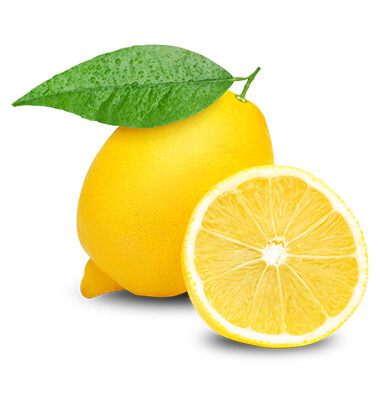We applaud their efforts, but you don’t have to commit to dumpster-diving to live a foraging-friendly lifestyle. One of the best ways to incorporate some freeganism into your life is to take advantage of the wild fruits in your area. Odds are much of it is going to waste anyways. Etiam pellentesque aliquet tellus. Phasellus pharetra nulla ac diam. Phasellus pharetra nulla ac diam. Etiam pellentesque aliquet tellus. Phasellus pharetra nulla ac diam. Etiam pellentesque aliquet tellus.
The biggest problem was convincing my father that organic food was worth eating. All he could think of was the nut loaf with yeast gravy that my mother made in the Seventies.
Fanbong
Disturb the soil as possible
Soil health starts with one basic principle: Don’t disturb the dirt. Sure, soil supports roots and helps hold up plants, but it also serves as a habitat for beneficial microorganisms. “Underneath our feet is this incredible world teeming with billions of microor ganisms that have been working in the soil for millions of years,” Ohlson says.
It may sound counter-intuitive—maybe even chaotic, in terms of landscaping—but weeds don’t need to be treated as an enemy. Even uninvited plants can help protect soil and feed the microo rganisms at work below the surface. I used to dig up weeds or pull them out by the roots, but now I don’t want to disturb the soil.
Every gardener has heard this one before, and Ohlson is a firm believer as well.
She aims to keep her garden soil engaged, either by covering it in dead plant material or by nurturing live roots in the ground. Cover crops play a dual role. They interact with microorganisms by extending their roots as they grow, they provide extra organic material to protect the soil once they’re harvested. Simply clip cover crops with scissors.

